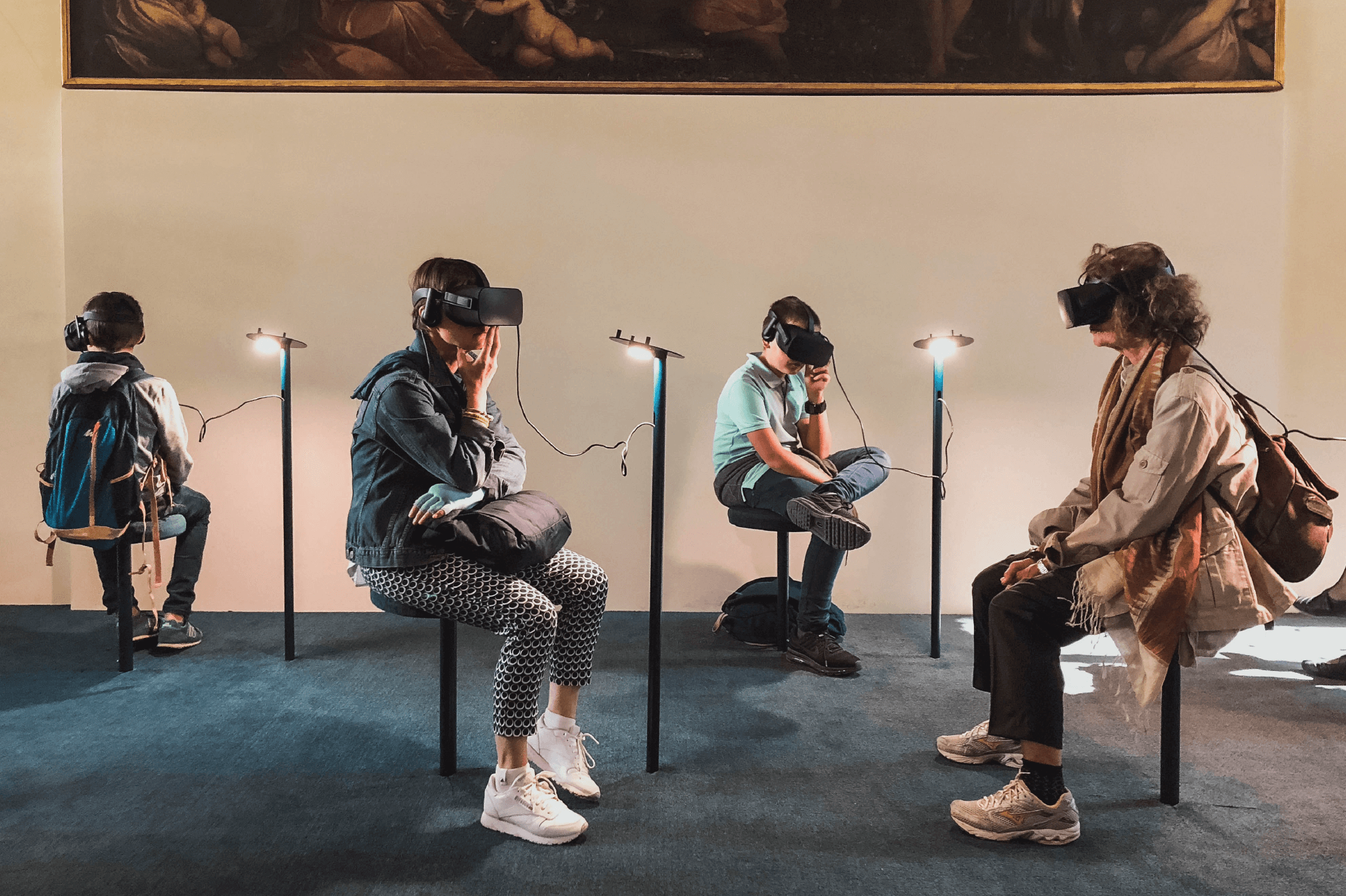Over the past few months, I’ve been increasingly asked to share about Web 3.0. Though my thoughts on this topic are still raw and not fully developed, I truly believe that the Church needs to be considering, praying, debating, analyzing, and really wrestling with this kairos moment that is now upon us and will soon envelop the whole world.
We must make an effort to understand the time and age in which we’re living. I always go back to what the great theologian Hans Küng wrote: “Enormous tasks, both familiar and unfamiliar, confront a Church which sees itself as part of this changed and changing world and claims to exist for the world.…The historical Church cannot do without the constant renewal of its form. Renewal of form implies a change of form by means of human decision and responsibility.”
Our globalized world is entering the third phase of the digital stage: Web 3.0. We are still in a very young season when it comes to this reality, but to understand Web 3.0 we must understand what came before it.
Web 1.0 was largely about access to knowledge. An example of this would be Google. Think about the first time you used that search engine. You were probably blown away by the opportunity to access the entire library of human thought and resources with only one click.
Web 2.0 was about interaction with knowledge. This is where we saw an uprising of content creators, where anybody could share content and socially engage with others around it. This brought in all the social media apps such as Facebook, Twitter, TikTok, etc.
These two phases brought us to the cusp of Web 3.0, which is the integration and ownership of real and virtual reality. All these new terms are hitting us like a tsunami, and it’s hard to keep track of what everything means. Terms like metaverse, artificial intelligence, blockchain, nonfungible tokens (NFTs), decentralized autonomous organization (DAOs), and so much more. There is a new language being formed that many in my generation of Christian leadership are allowing to float by without taking the time to learn its meaning.
In many ways, the Church tends to lag behind the times. It’s still trying to figure out Web 1.0 and how to do church online. However, for millennials and Gen Z who are, or will soon become, the Church leadership, these are words they are keenly aware of as digital natives themselves. The upcoming Alphas will not only be digital natives, but natives of a 3.0 world.
What does it mean for the Church to live faithfully and fruitfully present in the midst of Web 3.0? In the midst of decentralized, autonomous organizations?
It means that we must be a prophetic voice. When there are things that come in opposition to the foundations of Scripture, we must speak up. However, it also means we need to go into every cultural context and figure out what is God-given. That is what missiology is all about. We can’t just bury our heads in the sand and say, “I don’t need to worry about artificial intelligence. I mean, what in the world does the Church have to do with nonfungible tokens?”
Well, actually, a lot. In the simulated world that we live in, do I know if I actually own anything? NFTs are created for us to be able to own. It is why Jeremiah says to move into the city, build homes there, and own a piece of the city (Jeremiah 29:5).
Let’s not fight against these new digital spaces that are being created. We must learn how to move into that city. We must learn how to marry there and have spiritual sons and daughters there. Learn how we live there so that this city would prosper so that my family and church can prosper in the midst of it.
As much as we needed to have a theology of economics for the 20th century, we need to have a theology of economics, of NFTs, and of cryptocurrencies for the 21st century. We can allow all of this to overwhelm us, or we can look at it and be energized by the future that God has called us to. As Carl Trueman has so rightfully said, “Every age has its darkness in its dangers. The task of the Christian is not to whine about the moment in which he or she lives but to understand its problems and respond appropriately to them.”1
Let us not be whiners. Let us be winners. Not winning for our own names, ambitions, identities, social standing, or platform, but winning for Him.
1 Trueman, Carl. The Rise and Triumph of the Modern Self: Cultural Amnesia, Expressive Individualism, and the Road to Sexual Revolution. Wheaton, IL: Crossway, 2020.




5 Comments
Great work Rob. just hosted an event on this very topic. Here are the Six Things We Need to Know About Web 3.0. https://www.visualstory.org/tof202207/
Wonderful Clyde.
Rob, thank you for continually challenging us to think forward, learning from the past but not becoming stuck in it. That quote from Carl Trueman will stay with me.
Let’s be winners, not whiners
This is so good to read! I’m excited that the Leadership of OneHope is thinking current, and forward! The realities are already upon us! We either whine or win! Learn or end!
Thanks for being relevant in this Generation, Bob.